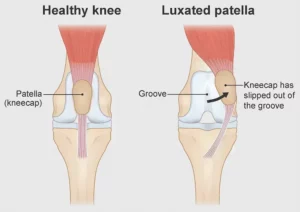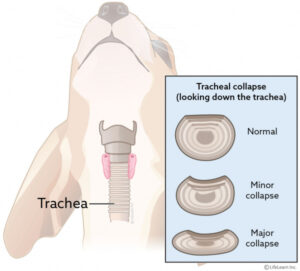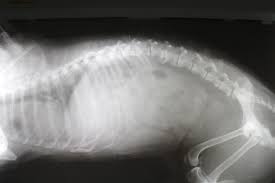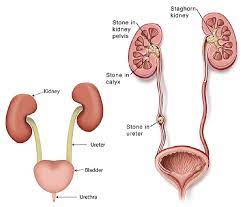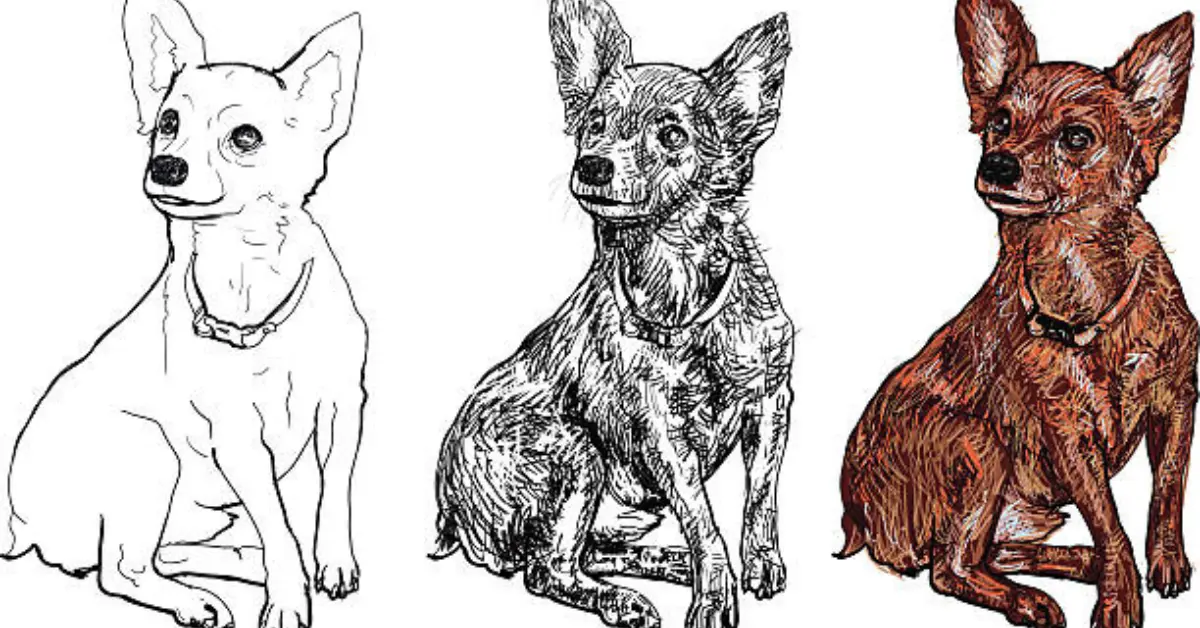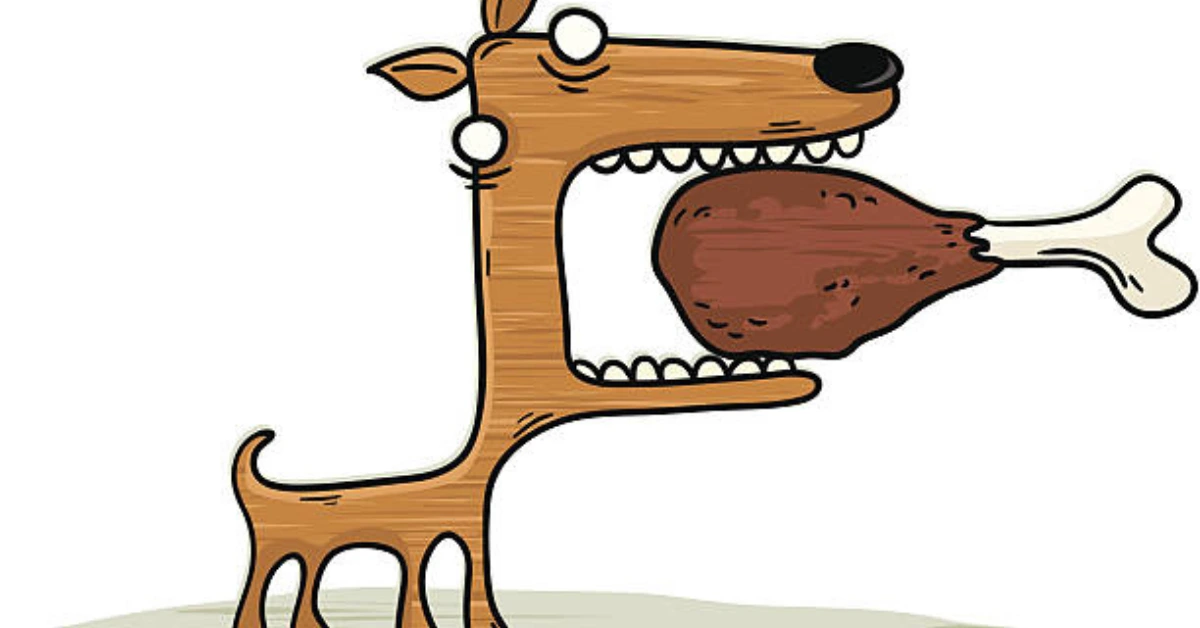You’ve likely wondered what is my chihuahua Life Expectancy.
Although the average lifespan of these tiny dogs is 12 to 14 years, there are many things you can do to extend their lives. Indeed, it is not unusual to come across healthy Chihuahuas who reach the age of 20!
For advice on how to ensure the long and healthy life of your Chihuahua, continue reading.
Advertisement
How many years do Chihuahuas generally live?
Chihuahuas live 12 to 14 years on average.
Chihuahuas, on the other hand, typically live considerably longer lives; some have been known to live well into their 20s.
Because they are an excellent option for people searching for a devoted friend they can rely on for decades. to come, chihuahuas are owned by many dog owners.
Why are Chihuahuas such long-lived dogs?
Chihuahua longevity is essentially the result of a mix of environmental conditions and heredity; there is no actual secret.
Chihuahuas Are Robust
Despite the common misconception that they are little and delicate, chihuahuas have several traits that make them particularly well-suited to lengthy lives.
To begin with, despite their small stature, chihuahuas are extraordinarily tough and tenacious. They are incredibly resilient and sturdy animals because of their compact bodies, which enable them to adapt easily to variations in humidity and temperature.
Smaller dogs have longer lifespans
Due in part to their slower metabolisms and reduced incidence of health issues, smaller dogs generally live longer than larger breeds.
Perhaps more significant than any other aspect in determining a Chihuahua’s lifetime is its little stature. Because they weigh so little, Chihuahuas can move around and remain active for extended periods because the sluggishness and poor circulation of larger dogs do not burden them.
Below is a chart explaining The life expectancy of dogs, as you can see Chihuahuas have one of the longest lifespans compared to other dogs.
Chihuahuas require little activity
Compared to larger dog breeds, chihuahuas require less exercise, which helps to avoid putting undue strain on their joints.
Large dogs may need many hours of physical activity daily due to their continual motion, but Chihuahuas can get away with far less energetic play. Because of this, Chihuahuas have far longer lives than other breeds due to a considerably lower incidence of orthopedic problems.
Health problems that Chihuahuas often have that shorten their lives
A Chihuahua’s life expectancy is normally 12 to 14 years, although it can vary significantly based on a variety of variables.
Although they are a typically healthy breed, chihuahuas might have specific health issues, just like any other dog.
Among the most prevalent health problems in Chihuahuas are:
Hypoglycemia
A condition known as hypoglycemia is characterized by low blood sugar. Hypoglycemia in Chihuahuas can be brought on by several conditions, such as diabetes, pancreatitis, and some drugs. Idiopathic hypoglycemia refers to hypoglycemia for which there is no established etiology. This condition is more prevalent in tiny dog breeds, including Chihuahuas.
Hypoglycemia can cause tremors, convulsions, weakness, and lethargy. Hypoglycemia has the potential to cause coma and death if left untreated. Generally, intravenous glucose or other sugar-containing fluids are used to treat hypoglycemia. A veterinarian should keep a close eye on Chihuahuas suffering from hypoglycemia to prevent the condition from returning.
Patellar Luxation
Should you own a Chihuahua, you might be aware of the phrase “luxating patella.” A luxating patella is a painful and lame condition that arises when the kneecap slides out of its natural position. Chihuahuas that suffer from luxating patella sometimes do so for a variety of reasons, such as genetics, trauma, or even weight.
Chihuahuas with luxating patella may exhibit minor to severe symptoms such as skipping, hopping, or limping. It’s critical to get your Chihuahua medical attention as soon as possible if you think they may have a luxating patella.
Most dogs with a luxating patella may manage their illness and have a decent quality of life if they receive early diagnosis and treatment.
Tracheal Collapse
The disorder known as tracheal collapse affects the Chihuahua’s trachea, or windpipe. The trachea is kept open by a succession of cartilage rings. These cartilage rings deteriorate and collapse in Chihuahuas that have tracheal collapse, narrowing the trachea. Most often, tracheal collapse affects small dog breeds, like chihuahuas.
Breathing difficulties, exercise intolerance, and a dry cough are signs of tracheal collapse. Even though tracheal collapse has no known cure, many Chihuahuas can live long lives if they take medication and manage their weight. In certain instances, surgery might also be an option. Many Chihuahuas with tracheal collapse can have healthy, happy lives if they receive the right care.
Hydrocephalus
A disorder known as hydrocephalus is caused by an unusual buildup of fluid in the brain. Cerebrospinal fluid is the fluid that envelops and cushions the brain and spinal cord. Cerebrospinal fluid accumulates in hydrocephalus due to a disruption in its normal flow. This may result in elevated intracranial pressure, which may harm the Chihuahua’s brain.
Estimates indicate that up to one in every five chihuahuas born will experience hydrocephalus, making them especially susceptible to the illness.
Depending on the dog, signs of hydrocephalus in Chihuahuas can include headache, vomiting, seizures, and developmental abnormalities. Hydrocephalus can be lethal if neglected. Numerous factors, such as infections, head trauma, and genetic abnormalities, can induce hydrocephalus.
To remove the extra fluid from the brain, treatment usually entails creating a surgical shunt inside the brain. Most Chihuahuas with hydrocephalus lead normal lives after receiving therapy. Long-term issues including learning impairments or cognitive impairment, however, might result from hydrocephalus.
Dental issues
Chihuahuas frequently suffer from tooth disease, which can cause a range of very significant health issues. Plaque and tartar accumulation on teeth is the root cause of tooth disease, which can ultimately result in tooth loss.
In addition, gum disease, oral infections, and even heart disease are linked to tooth problems in Chihuahuas. For this reason, it’s critical to give your Chihuahua frequent dental examinations and to brush their teeth.
Bad breath, heavy drooling, trouble eating, and pawing at the mouth are signs of dental problems in Chihuahuas. See your Chihuahua for an examination and treatment if you think they may have dental issues.
Weight Issues
An excessive quantity of body fat in a Chihuahua is called obesity, which is a medical problem. Even if you would not think much of a little additional weight, a Chihuahua’s lifespan can be significantly impacted by it.
The skeletal system is strained by obesity, which can result in issues including joint pain and lameness. Additionally, it might worsen breathing problems and raise the chance of getting diabetes. Furthermore, Chihuahuas that are obese may find it difficult to exercise and may become overheated in warm weather.
Spinal Injuries
Because they are little canines, chihuahuas have a comparatively vulnerable spinal cord. A quick jarring or twisting of the spine might result in a spinal injury. This may occur if the Chihuahua is in an automobile accident or falls from a height.
Paralysis, loss of sensation, and limb weakness are signs of a spinal injury. It’s critical to get medical attention right away if your Chihuahua exhibits any of these symptoms. While spinal injuries can occasionally be fatal, receiving treatment quickly can increase the likelihood of making a full recovery.
Kidney Stones
Small dogs like chihuahuas have significant urinary tract health issues. Kidney and bladder stones are common in Chihuahuas, and they can shorten their lives and cause a lot of pain and misery. When the urine gets overly concentrated, as a result of dehydration or other causes, stones may develop. Chihuahuas’ small stature and unique anatomy make them especially prone to this illness.
Bloody urine is the most typical sign of kidney and bladder stones in Chihuahuas. Urinary accidents at home, straining to urinate, and crying out in agony during urination are possible additional symptoms.
Surgery is usually required to remove the stones as part of treatment for kidney and bladder stones. Medication might be required in certain situations to aid in the dissolution of the stones. The best defense against this condition for your Chihuahuas is prevention, so be sure to give them lots of fresh water and take them for routine medical visits.
How to Extend Your Chihuahua Life Expectancy
Although Chihuahua owners cannot completely protect their dogs from illness, many can be prevented or treated to lessen the severity of the condition, ensuring your cherished dog lives a reasonably long and healthy life.
Exercise Daily
Although Chihuahua owners cannot completely protect their dogs from illness, many can be prevented or treated to lessen the severity of the condition, ensuring your cherished dog lives a reasonably long and healthy life.
Appropriate Preventive Veterinary Treatment
The majority of Chihuahuas are not very fond of seeing the veterinarian.
These small puppies typically become anxious in the presence of strangers and loud noises, and seeing the veterinarian frequently entails both.
Even if your dog detests visiting the veterinarian, it’s still crucial that you take him in for a checkup once a year. During this visit, your Chihuahua will receive a full physical checkup, immunizations, and treatments to prevent flea, tick, and heartworm disease.
Your Chihuahua will remain healthy for many years to come if you keep up with these yearly checkups.
Proper Diet
It’s crucial to exercise sensible portion management when it comes to pets. This is particularly true for Chihuahuas, as these small dogs are more likely to become obese if their meals aren’t properly controlled.
Overfeeding your puppy can result in obesity and joint problems, among other health problems.
In addition, it’s critical to provide them with a diet high in protein and good fats, watching out for sugar, starch, and dog food additives. Maintaining a diet high in nutrients can keep your Chihuahua robust and healthy throughout the day.
Therefore, make sure to pay special attention to the quality and amount of your Chihuahua’s food if you’re seeking the finest way to suit its specific nutritional needs.
Megabyte
Megabyte is the name of the world’s oldest chihuahua who lived 20 years and 265 days. The dog passed away on January 1, 2014.
YOU CAN ALSO READ:
How to Maintain Your Chihuahua’s Teeth Healthy
5 Chihuahua Puppies Health Concerns And How to Avoid Them?
10 Most Common Chihuahua Health Issues
Advertisement




